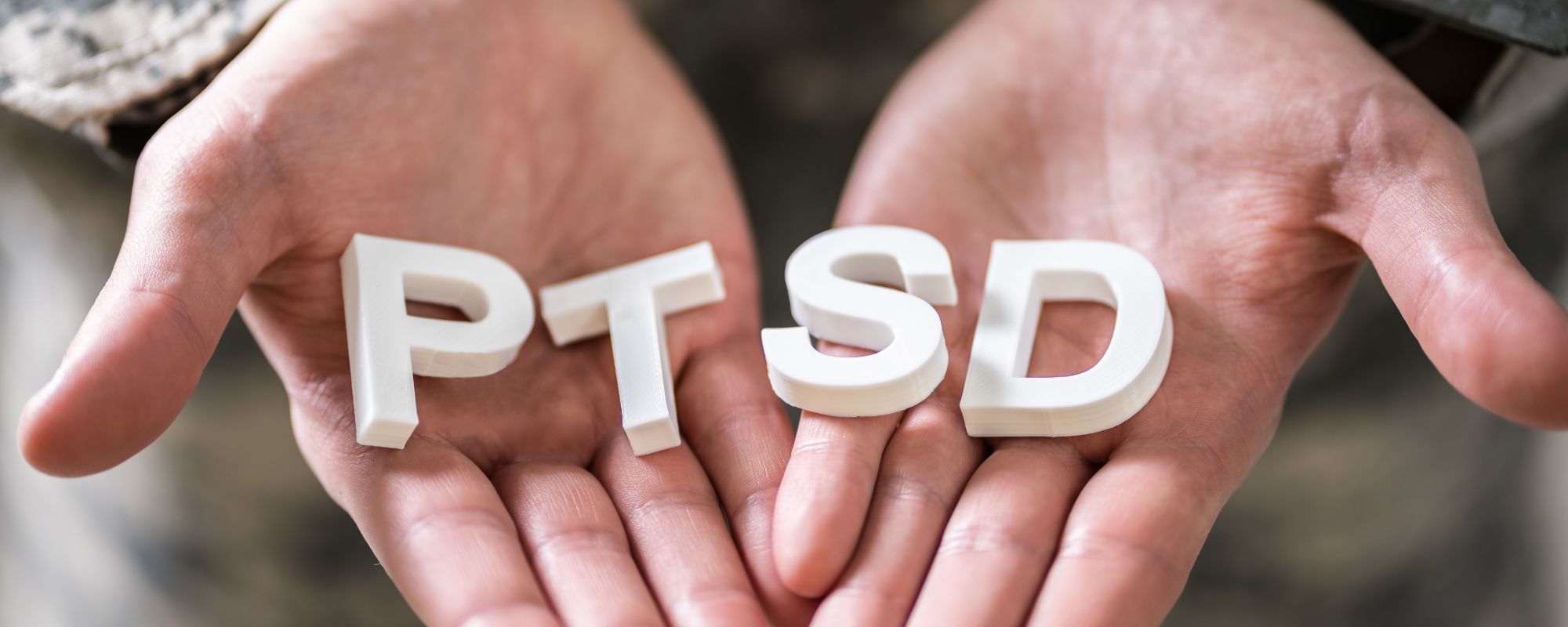Having more than one disorder can feel like a life sentence, but dual diagnosis rehab centers provide hope through recovery. Facing one type of disorder is difficult on its own, but for individuals who have co-occurring disorders, their diagnosis brings extra uncertainty. Fortunately, it’s possible to recover from both diagnoses with the right treatment programming. At Aliya Health Group, we understand the importance of treating both disorders at the same time. Receiving a dual diagnosis is not a permanent affliction. Instead, there’s hope of recovery through rehab for co-occurring disorders.
What Is Dual Diagnosis Treatment?
Dual diagnosis treatment is a recovery plan for individuals who battle more than one disorder. This is called comorbidity. Sometimes, they stem from each other, where one disorder leads to the development of the second. Co-occurring disorders can include substance use disorders (SUD) and mental disorders. Comorbidity is extremely common. Almost 40 percent of those with SUD have a mental illness, and almost 20 percent of those with a mental illness battle substance abuse.
It’s imperative to treat co-occurring disorders together. Only treating one disorder in someone with co-occurring disorders is like fixing one issue and putting a bandage on the other. We know joint illnesses exacerbate each other. Simply put, there is no way to heal one disorder but not the other if you want to achieve total wellness. In this scenario, the unresolved issue will keep the person in a cycle of illness. Before long, symptoms of the treated disorder will likely resurface. Further, it’s common for untreated disorders to lead to self-medication.
What Is Self-Medicating?
Self-medicating is the term for turning to substances to try to eradicate symptoms. Those with mental disorders or symptoms of withdrawal from drug abuse will commonly try to self-medicate to overcome their discomfort. Because of self-medication, there are increased cases of co-occurring disorders. In fact, substance abuse and mental health are heavily linked. There are cases where an individual with a mental disorder will self-medicate their symptoms and end up addicted to drugs. On the other hand, there are cases when SUD creates changes in the brain that cause a mental disorder to develop. Substances can provide temporary relief from bad feelings, but the long-term effect of addiction makes everything worse. Even more, substance abuse is dangerous as it can lead to poor decision-making, health risks, worsening mental health, overdose, or death.
Why Is It Important to Treat Both?
In people with comorbid issues, to only treat one problem is to leave them with symptoms of the other. Clearly, having any unresolved pain, trauma, and symptoms from a disorder leaves that person in a state of poor health. Yet, the statistics on how many people with co-occurring diagnoses get treated for both are low. Roughly nine percent of co-occurring disorders get treated together, while 34.5 percent treat only their mental illness. Additionally, about four percent of people treat only their SUD. These statistics show that approximately 91 percent of individuals with co-occurring disorders don’t receive full healing, if any. The best way to prevent relapse is to enter rehab for both issues to heal the root causes.
Get confidential help from our addiction and mental health treatment facilities located across the United States. Call to join one of our quality programs today!
Speak With Our Admissions TeamWhat Can Dual Diagnosis Rehab Centers Help With?
Dual diagnosis rehab centers are facilities that treat addictions and disorders. There’s no limit to the types of disorders they can help you heal from. This includes comorbid issues that occur at the same time. For example, some issues that treatment centers for dual diagnosis offer rehab for include:
- Alcohol use disorder (AUD)
- Substance use disorder (SUD)
- Opioid addictions
- Cocaine addiction
- Marijuana addiction
- Methamphetamine addiction
- LSD addiction
- Nicotine addiction
- Eating disorders
- Depressive disorders
- Anxiety disorders
- Personality disorders
- Behavioral disorders
- Co-occurring disorders
Dual diagnosis rehab includes a combination of therapy, counseling, and medication management to help individuals overcome their illnesses.
Addiction Treatment
Having an addiction can feel like an endless battle where cravings, withdrawal symptoms, and the negative effects of the disease take over your life. Truthfully, it’s tough to overcome an addiction on your own. Many substance use addictions modify your brain chemistry, so you feel an overwhelming need for more. The best way to recover from an addiction is through treatment programming in a rehab facility. You’ll learn the root of your abuse and heal from the deeper pain causing you to turn to unhealthy patterns.
Mental Health Disorders
Mental disorders stem from a variety of risk factors and are individualized to the person. As such, it can feel like it’s impossible to ever understand and manage your symptoms. However, the truth is that you can overcome your symptoms through therapy and medication management. It’s important to understand your negative habits that stem from your symptoms. By unpacking your pain and learning to adjust your response to your symptoms, you will take control of your life.
What Therapies Are Offered at Dual Diagnosis Rehab Centers?
At our inpatient dual diagnosis treatment centers, we provide a proven combination of traditional and holistic therapies. Individuals with co-occurring disorders require special attention given to all of their connected issues. They are often surprised to learn the way each issue is bound to the other. During inpatient treatment, individuals live in-center and attend group and individual sessions. These are safe and supportive environments for them to explore their issues and learn coping methods when they face symptoms. Through traditional therapy and experiential activities, they receive total body rehabilitation.
Our therapies are not new, but they can feel unfamiliar to those exploring treatment. We would love to talk more about how they can help you!
Evidence-Based Psychotherapy
Evidence-based psychotherapy includes traditional therapy methods for mental illness and addiction. These therapies have a long history of helping individuals through proven methods of inner healing and mindset shifting. Some of the therapies we offer in our residential dual diagnosis treatment centers include:
- Cognitive behavioral therapy
- Dialectical behavior therapy
- Acceptance and commitment therapy
- Exposure therapy
- Eye movement desensitization and reprocessing therapy
Looking for quality treatment for substance abuse and mental health that’s also affordable? Aliya Health Group's treatment facilities accept most major insurance providers. Get a free insurance benefits check now!
Check Your CoverageHolistic Therapy
Along with traditional therapies, we offer holistic therapy options. These experiential activities help individuals in different ways from talk therapy. Because they often help people let their guard down, holistic therapies can lead to breakthroughs. Notably, an important quality of holistic therapy is the way it treats the mind, body, and soul together for total healing.
Dual diagnosis treatment can be helpful at every phase of recovery, from medical detox to residential treatment and outpatient rehab. Please reach out to learn more about holistic wellness for dual diagnosis treatment.
















